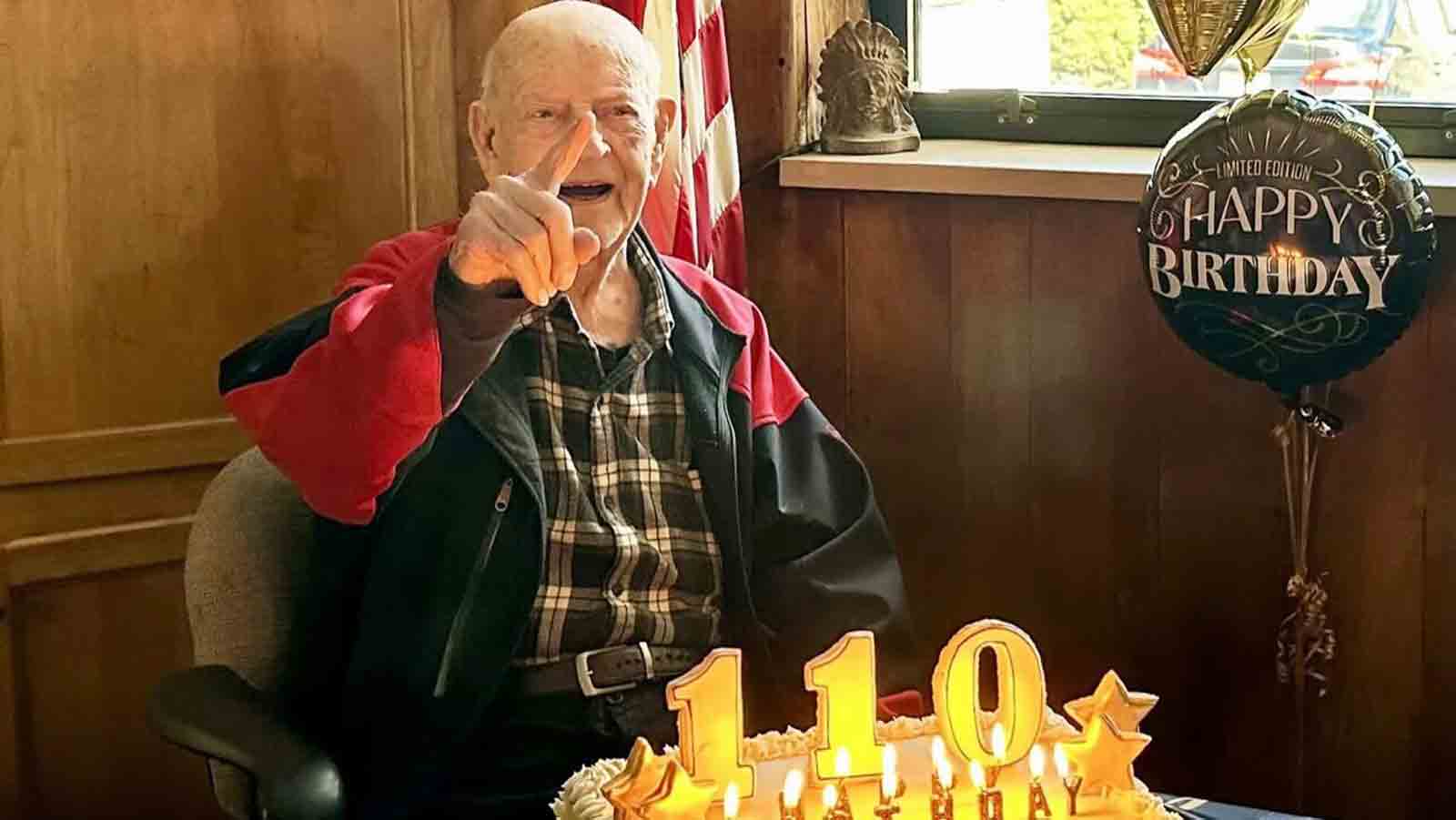Federal officials will provide a humanitarian visa so a 5-year-old New Jersey girl can get a life-saving bone marrow transplant from her Salvadoran sister.
The decision announced Friday night by U.S. Sen. Robert Menendez means the U.S. Citizenship and Immigration Services will allow 7-year-old Gisselle Bonilla Ramirez to come to the United States to donate marrow to her sister, Yarelis Bonilla. The younger girl is an American citizen who is undergoing chemotherapy for leukemia.
She's expected to arrive in the United States sometime within the next 30 days.
Doctors had determined Gisselle was a perfect match after Yarelis' family was tested. But the U.S. State Department twice denied a visitor visa that would let Giselle stay up to three months.
Local
The humanitarian visa allows her to travel to New Jersey strictly for the transplant.
"This is a victory of common sense over bureaucracy to help save a child's life," said Menendez, D-N.J., whose office had been working with the family and federal agencies in recent days to expedite the approval process. "In the last few hours and days we have been able to put government to work to do what's right."
Speaking at a news conference, Menendez said he received word of the decision Friday afternoon. He previously had been told the effort to bring Gisselle to the U.S. for the transplant could take as long as one to two months.
Menendez also praised the efforts of Mariam Habib, an attorney with the Newark-based chapter of the American Friends Service Committee, who is helping the family.
Bonilla was born in the U.S. and both her parents live here. Her sister lives with the girls' grandmother in El Salvador.
A letter in support of the humanitarian visa application from the head of Newark Beth Israel Medical Center, where Yarelis is being treated, said the child was diagnosed in May with "high risk acute lymphocytic leukemia." The letter describes the form of blood cancer as "life threatening and extremely serious," and with a poor prognosis.
Copyright AP - Associated Press



